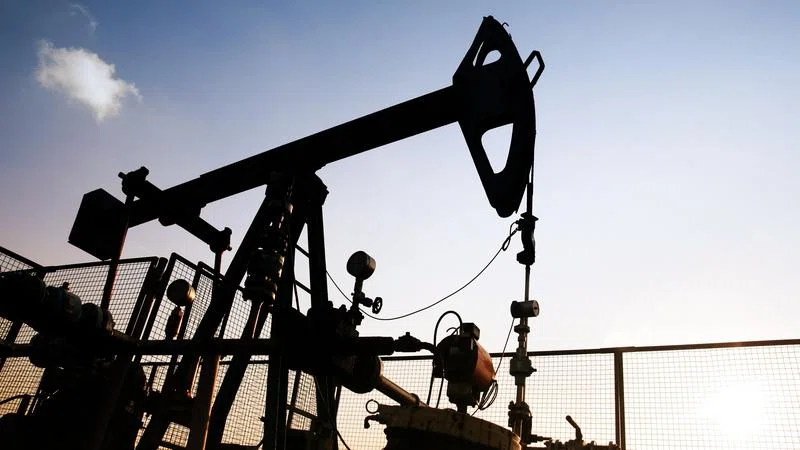
County owed small, but significant portion of unpaid taxes from energy sector
When it comes to unpaid property taxes from oil and gas companies, Reeve Leanne Beaupre says the County of Grande Prairie is not immune to the issue.
A recent survey from the Rural Municipalities of Alberta states that $173 million is owed to municipalities in back taxes from oil and gas companies, a 114 per cent increase from the spring of 2019.
The County says of that total, about $2 million is owed to them, with most of that coming just from this previous tax season. That equates to about one per cent of the provincial total, but is far from an insignificant amount.
Considering the bigger picture, Beaupre says the County and surrounding municipalities are fortunate compared to other areas of the province, as oil and gas projects are finding relative success in the Peace Country.